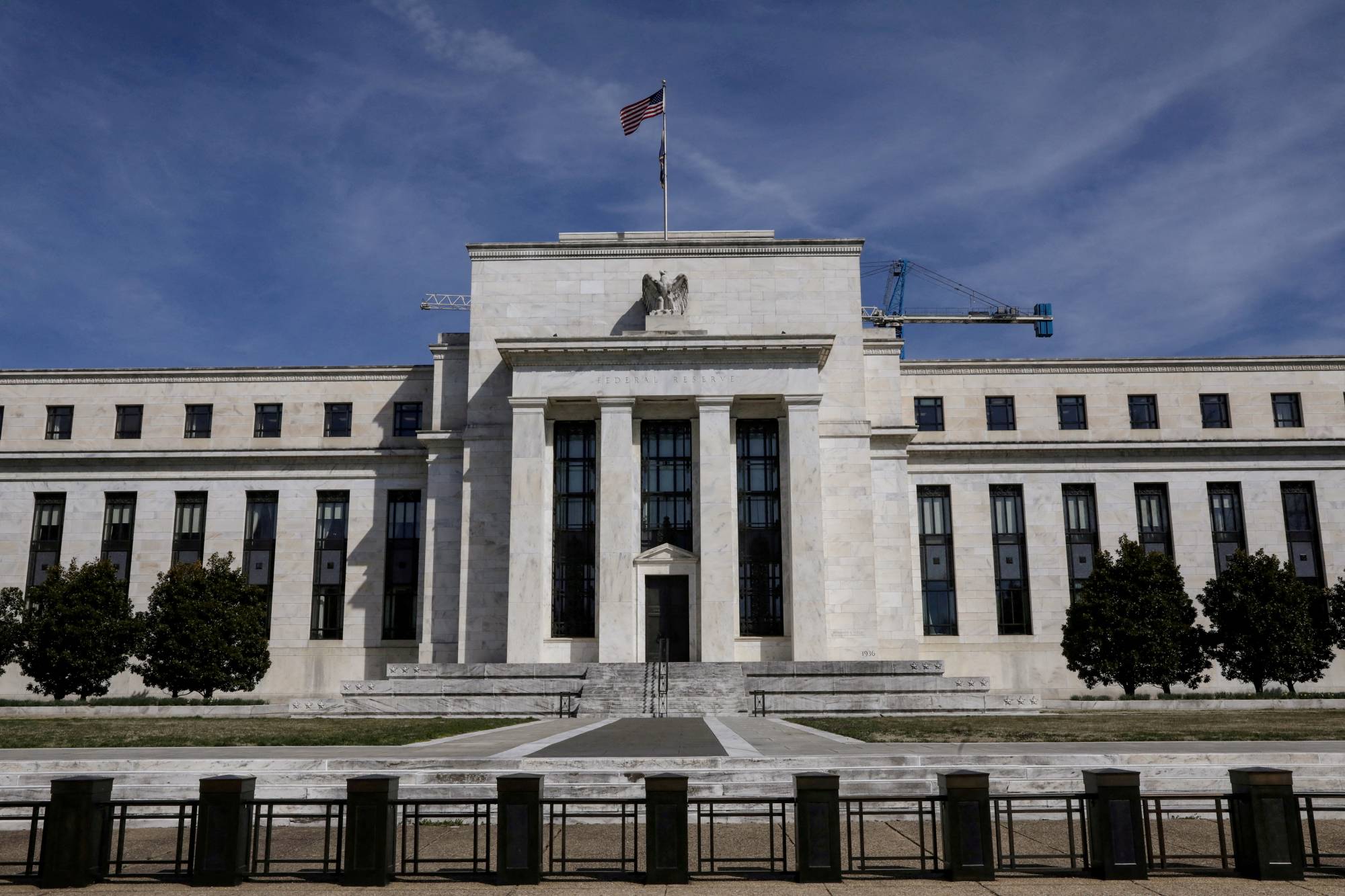Some Federal Reserve officials have begun to acknowledge that they were too slow to respond to rapid inflation last year, a delay that is forcing them to constrain the economy more abruptly now — and one that could hold lessons for the policy path ahead.
Inflation began to accelerate last spring, but Fed policymakers and most private-sector forecasters initially thought price gains would quickly fade. It became clear in early fall that fast inflation was proving to be more lasting — but the Fed pivoted toward rapidly removing policy support only in late November and did not raise rates until March.
Several current and former Fed officials have suggested in recent days that, in hindsight, the central bank should have reacted more quickly and forcefully last fall, but that both profound uncertainty about the future and the Fed’s approach to setting policy slowed it down.



















With your current subscription plan you can comment on stories. However, before writing your first comment, please create a display name in the Profile section of your subscriber account page.